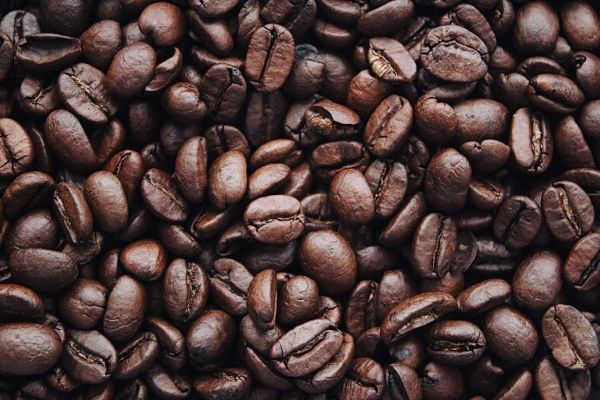Global demand for products such as coffee, tobacco, cocoa, timber and cotton is depleting the rainforests and creating conditions where mosquitoes thrive.
Researchers at the University of Sydney and University of São Paulo, Brazil, estimate 20 percent of the malaria risk in deforestation hot spots is driven by the international trade of exports including:
- coffee
- cocoa
- tobacco
- wood products
- beef
- soybean
- palm oil
- cotton
“What does this mean for affluent consumers?” asks senior author Professor Manfred Lenzen, from the Centre for Integrated Sustainability Analysis in the School of Physics at University of Sydney. “We need to be more mindful of our consumption and procurement, and avoid buying from sources implicated with deforestation, and support sustainable land ownership in developing countries.”
Previous studies have shown deforestation and rainforest disturbances can increase the transmission of malaria by creating conditions where mosquitoes thrive: warmer habitats and fewer predators.
Continue reading at University of Sydney
Image via University of Sydney


